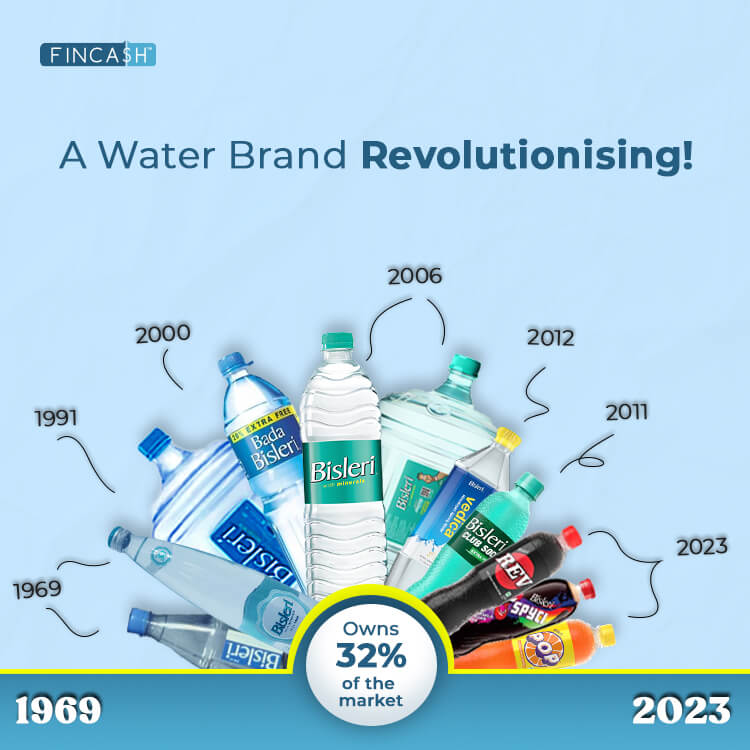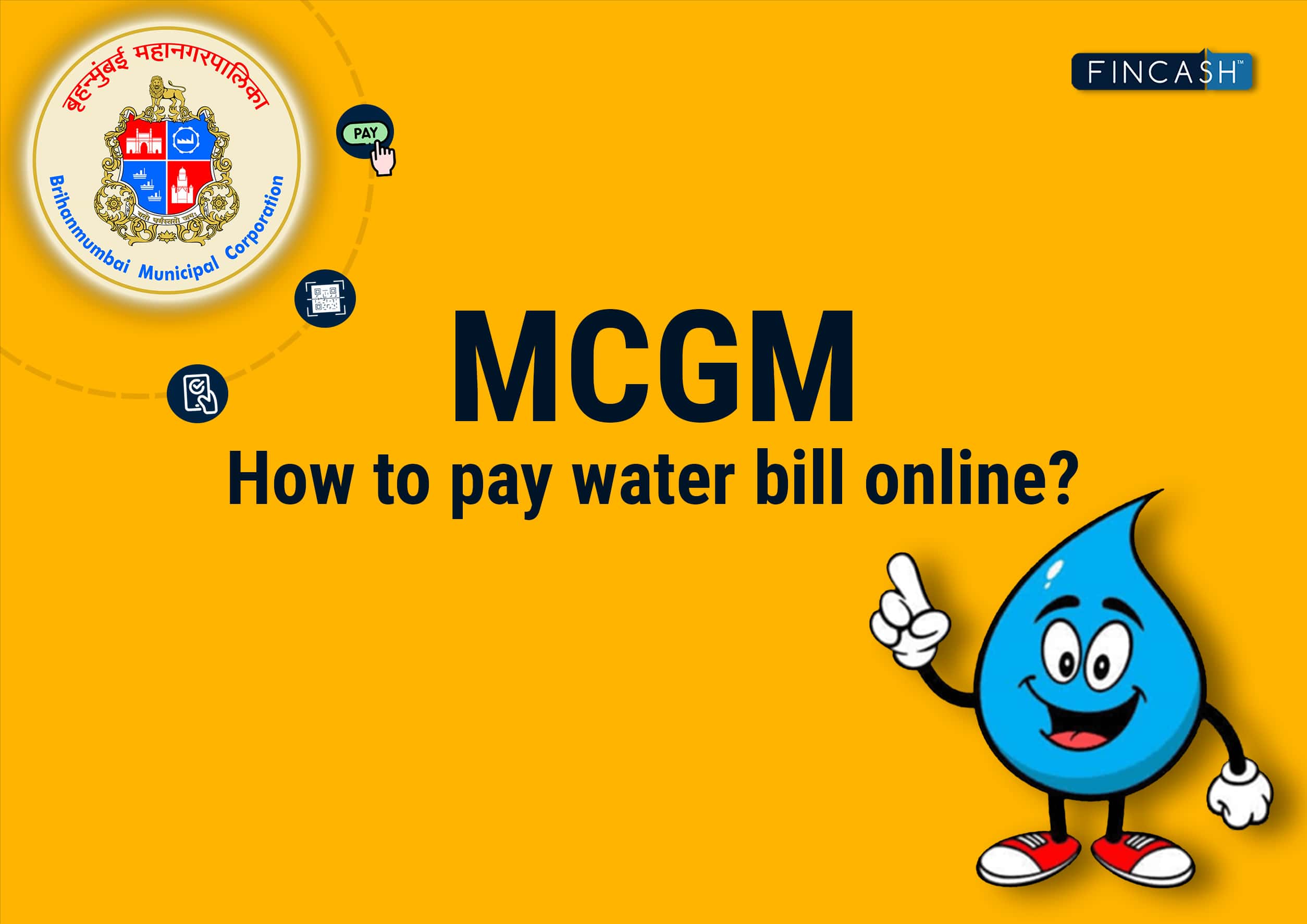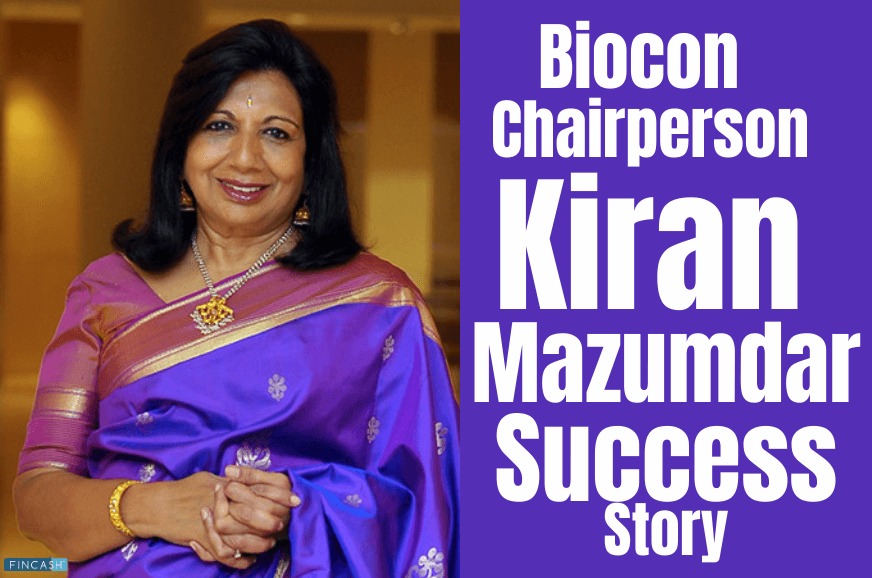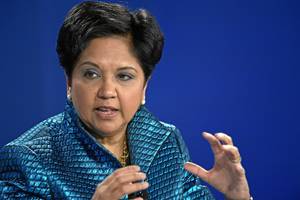
Table of Contents
Story of Bisleri: A Water Brand Revolutionising!
Bisleri, synonymous with refreshing hydration, has been an integral part of the Indian beverage landscape for decades. Established in 1965 by Signor Felice Bisleri, an Italian entrepreneur, the brand has become a household name, providing millions with pure and safe drinking water. Bisleri's commitment to quality has been unwavering since its inception. The brand adheres to stringent purification processes, ensuring that each drop meets the highest purity standards. Bisleri water undergoes rigorous testing, making it a symbol of reliability for consumers nationwide.

It has embraced innovation and sustainability to stay ahead in the competitive beverage Industry. Introducing eco-friendly packaging solutions and promoting responsible water usage reflect the brand's commitment to environmental consciousness. Bisleri's efforts in this direction align with the global push for sustainable practices. In this post, let's look at Bisleri's history, legacy, cultural impact, and several other factors associated with this brand.
All About Bisleri Brand
Bisleri International, previously known as Parle Exports and Parle Bisleri, is an Indian multinational corporation renowned for its iconic bottled water brand. Established in the 1970s by Ramesh Chauhan, the company specialises in producing and selling bottled water and soft drinks. Primarily operating within India, Bisleri boasts an extensive network comprising 150 operational plants and a distribution system involving 6,000 distributors and 7,500 distribution trucks. The company has expanded its reach by Offering its products through its dedicated e-commerce platform and collaborating with various online retailers.
Talk to our investment specialist
History of Bisleri
Bisleri originates in an Italian medicinal beverage invented by Felice Bisleri in the 19th century. The introduction of Bisleri bottled water to India occurred in 1965 when Italian doctor Cesari Rossi and Indian entrepreneur Khushroo Suntook established a factory in Thane. Initially exclusive to upscale hotels and restaurants in Mumbai, the water was offered in glass bottles in two variants – sparkling and still. The struggling Bisleri brand sought an exit from the Indian Market and was acquired in 1969 by the Jayantilal Chauhan family of Parle Group for Rs. 4 lakhs (approximately $50,000 at that time). In the 1970s, Jayantilal Chauhan divided his soft drinks business between his two sons. Prakash Chauhan took control of Parle Agro, and Ramesh Chauhan oversaw Parle Exports, later rebranded as Bisleri International.
In 1976, Parle Exports introduced Maaza, a fruit drink crafted from mango pulp. Following The Coca-Cola Company's departure from India in 1977, Parle Exports entered the carbonated beverages market, unveiling Thums Up cola, Limca lemon drink, and Gold Spot orange drink.
Parle Exports entered the retail market to expand its beverage Portfolio with mineral and carbonated water under the existing Bisleri brand. Ramesh Chauhan noted that the Italian name added a dash of class to it. Initially packaged in PVC bottles, the company transitioned to PET bottles in the mid-1980s. By 2000, Ramesh Chauhan aimed to consolidate Bisleri's operations under a unified entity. Consequently, Bisleri International was established in 2001.
Who is the Real Owner of Bisleri?
As mentioned above, Ramesh Chauhan took over the reign of Bisleri and is the real owner of this brand. However, now he is ready to retire and let his daughter – Jayanti Chauhan – Handle the company's operations.
Jayanti Chauhan: Who is the daughter of Bisleri Owner?
The helm of Bisleri International will be guided by Jayanti Chauhan, daughter of the founder and chairman, Ramesh Chauhan. In a recent interaction, Ramesh Chauhan confirmed that the business is not up for sale, and Jayanti Chauhan and a professional team will be overseeing operations. Jayanti Chauhan, an Indian businesswoman and Vice Chairperson of Bisleri International, has been actively involved in various aspects of Bisleri's operations, with a recent focus on expanding the luxury Vedica brand.
Known as JRC, Jayanti joined Bisleri at the age of 24 under her father's mentorship. Starting in the Delhi office, she worked hands-on in renovating the factory and automating processes. Her contributions extended to restructuring departments like HR, sales, and marketing for enhanced team strength.
Taking charge of the Mumbai office in 2011, JRC infused a fresh perspective into the business, leveraging her extensive global exposure. In her current role, she spearheads new product development and actively participates in streamlining operations for Bisleri Mineral Water, Vedica Natural Mineral Water, fizzy fruit drinks, and Bisleri hand purifiers. Beyond operations, JRC provides valuable insights into marketing and branding and plays an active role in advertising and communication development, shaping Bisleri's new brand image and expanding its portfolio.
The Influence of Bisleri Product
Capturing a commanding 32% market share in the organised bottled water segment, Bisleri competes primarily with Aquafina, Kinley, Bailley, and Rail Neer. In India, the term "Bisleri" is commonly used generically for bottled water, underscoring its pervasive influence and market prominence. Over the years, various imitative brands with similar names and branding have surfaced, reflecting Bisleri's enduring legacy.
Bisleri's Challenges
While Bisleri water bottles are currently dominating the market, success comes with its own set of challenges. Here are the most common challenges faced by this brand:
Imitations of the Brand
The widespread popularity has led to imitations like "Belsri," "Bilseri," "Brislei," or "Bislaar" appearing in local shops. Consumers need to stay vigilant to ensure they are purchasing genuine Bisleri products. To address this issue, Bisleri has launched a comprehensive campaign, 'Samajhdaar Bisleri Peete Hai,' to foster consumer awareness about differentiating between authentic Bisleri and counterfeit alternatives.
Intense Competition
Another major challenge faced by this water brand is intense competition. India's packaged drinking water segment is witnessing increased competition and new entrants, including industry giants like Tata, Nestle, and HUL. This influx impacts Bisleri's market share, Earnings, and sales.
Repacking Bisleri Bottles
Local vendors collecting used Bisleri bottles, refilling them with untreated water, and selling them pose a threat. This not only diminishes Bisleri's brand value but raises concerns about the safety of the consumed water.
Local Players
With relatively low entry barriers in the bottled water market, numerous local competitors have emerged. Operating on a smaller scale, they can offer competitive prices and attract consumers away from Bisleri.
Water Purifiers
The growing popularity of water filters, cleaners, and Reverse Osmosis (RO) systems in the country poses a direct challenge to Bisleri's business. Consumers opting for these alternatives impact the demand for packaged drinking water.
Government Rules and Regulations
Government regulations regarding packaged drinking water standards and plastic use can significantly affect Bisleri's operations. Adherence to these norms is crucial, and any regulation changes may impact the company's processes and product packaging.
Is Bisleri owned by Tata?
While there were talks in the town that Rames Chauhan could sell the brand to Tata Consumer Products Limited (TCPL), this potential acquisition was called off following extensive negotiations and engagement over eight months. A prolonged timeline of discussions played a pivotal role in the deal's breakdown.
Bisleri's Marketing Strategy
Let's analyse Bisleri's marketing approach using the 4Ps of Marketing for a comprehensive understanding.
Product
Over the years, Bisleri has undergone packaging transformations, transitioning from blue to green and introducing various Stock Keeping Units (SKUs) to cater to diverse needs. The flagship product in their lineup is the 'Bisleri Mineral Water.' Additionally, Bisleri offers Bisleri Sodawater in both carbonated and non-carbonated variants. Despite efforts like Urzza to venture into the energy drink segment, the brand extension faced challenges.
Price
Given the nature of the product being water, pricing across brands, including Bisleri, is constrained within a reasonable Range. The competitive landscape, however, makes it challenging to differentiate products in the market. Bisleri recently adjusted its prices within a reasonable cap to maintain a competitive edge. The overarching strategy revolves around maximising sales volume and ensuring substantial revenues in the long run.
Place
Establishing a robust distribution network is pivotal for brand differentiation and market presence. Bisleri excels in market penetration, boasting a formidable distribution model and supply chain. With over 15 Manufacturing plants strategically spread nationwide, Bisleri ensures widespread availability and accessibility.
Promotion
While the brand may seem universal and well-known, especially in the water segment, the competitive market requires a robust promotional strategy. Bisleri actively engages in multi-channel advertising, including television, radio, and other platforms. Each communication piece is crafted around intriguing insights, reflecting Bisleri's commitment to maintaining a strong promotional presence in the market.
Bisleri Net Worth
Water scarcity poses a significant challenge in India, particularly in rural areas where access to water for agricultural purposes and daily cooking remains a struggle. Additionally, water-borne diseases impact millions of people annually. Recognising this predicament, Bisleri has taken the initiative to address these issues. Reports indicate that Bisleri's Net worth is around Rs. 3000 crores. The company has grown at 40% annually, boasting a daily sales turnover of 15 million bottles worldwide.
Bisleri has established 104 branches within its home country and in neighbouring nations. Expanding its global footprint, Bisleri has set up plants in Singapore and Japan, with plans to venture into Sri Lanka, Bangladesh, and other Middle Eastern countries to scale up its business operations. However, the company's expansion has been temporarily paused due to a shortage of manpower required to enter the global market.
The Current Situation of Bisleri
Bisleri expanded its portfolio in 2010 by introducing Vedica, a premium bottled water brand sourced from a Himalayan foothill spring in Uttarakhand. The company re-entered the carbonated drinks arena in 2016 with the launch of Bisleri Pop, unveiling four soft drink varieties – Limonata, Fonzo, Spyci, and Pina Colada. In 2021, Bisleri diversified its offerings by entering the hand sanitiser market with various products. Bisleri has recently established itself as the Official Hydration partner for five esteemed teams in the Indian Super League (ISL), including Mumbai City FC, Bengaluru FC, Kerala Blasters FC, Chennaiyin FC, and FC Goa.
Bisleri brand is set for a significant financial milestone, anticipating a turnover of Rs. 2,500 crores in the Fiscal Year 2023, accompanied by a profit of Rs. 220 crores. This strong performance highlights the brand's enduring market presence and consumer loyalty.
Adding a touch of innovation to their sustainability endeavours, Bisleri International collaborated with Ghaziabad Nagar Nigam and IPCA to introduce Gazab Street. This unique street, crafted from recycled plastic waste, shows the brand's commitment to environmental consciousness. Transforming a once-neglected street into a picturesque space, Gazab Street is a witness to the positive impact of sustainable initiatives.
Conclusion
Bisleri's journey from 1969 to 2021 is truly remarkable. The expanding customer base and the brand's ability to consistently lead in the industry are a testament to its success. The enduring quality and affordability of Bisleri's products are the primary factors allowing the brand to secure its position as a key player in the market.
All efforts have been made to ensure the information provided here is accurate. However, no guarantees are made regarding correctness of data. Please verify with scheme information document before making any investment.












